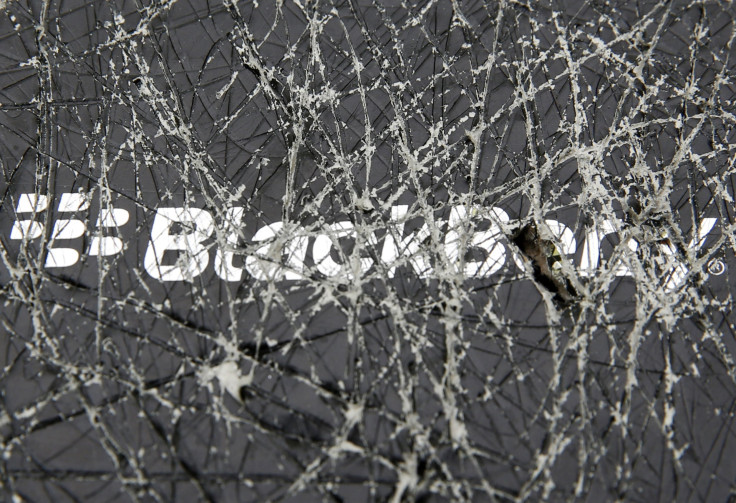BBM For Android Release Date Expected Soon As Beta Testing For New Version Of App Reportedly Begins

After delaying the launch of its BlackBerry (NASDAQ:BBRY) Messenger, or BBM, for iOS and Android users last month, the troubled Canadian smartphone maker has reportedly rolled out a new beta version of the Android-specific application to testers, suggesting that a release date for the app is not too far away.
CrackBerry, a technology website, reported on Wednesday that it had received some emails, which indicated that the latest beta version of the BBM app has made certain changes to its previous version along with normal bug fixes. Some of the changes include a new welcome screen explaining app notifications, constant notifications running in the status bar that can optionally be disabled, and a more polished user interface.
Although the beta testers have not been told about a potential release date for the BBM app, the report said that “things are moving ahead and that's a nice sign of BlackBerry staying true to their previous comments about the cross-platform launch of BBM.”
On Monday, BlackBerry took to its official Twitter page and said that the company is “still 100% committed to bringing #BBM to Android and iPhone.”
The company was set to launch the BBM app for iOS and Android users on Sept. 21, but the leak of an unauthorized version of the app created some technical hurdles and forced the company to disable the Android version, and delayed the official release of both versions.
Meanwhile, a report from ValueWalk cited a statement from BlackBerry saying that the company is not likely to make BBM for Android and iOS available for download this week. According to the statement, the company is working on “adjusting the system to completely block this unreleased version of the Android app.”
Last week, BlackBerry tentatively agreed to a $4.7 billion buyout offer from a consortium led by Fairfax Financial Holdings Ltd., the company’s biggest shareholder with approximately 10 percent of its common shares. And, BlackBerry’s agreement to Fairfax's offer is seen as an indication of the dire straits the once-iconic phone maker finds itself in.
The company, which recently announced that it would cut 40 percent of its worldwide workforce, reported last week that it had lost $965 million in the second quarter of 2013.
© Copyright IBTimes 2024. All rights reserved.












